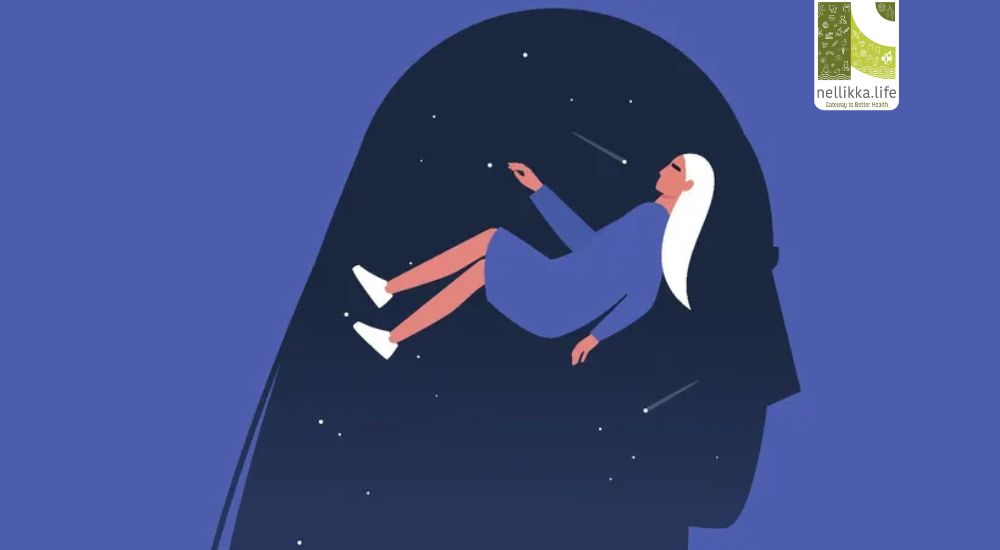Grandpa’s Clinic: Simplifying Health, One Chat at a Time

Episode 2: “What’s That Strange Feeling Before You Sleep? — Understanding Hypnagogia”
Scene: Arjun is lying on the sofa scrolling through his phone at night. His grandfather, Dr. Iyer, walks in holding a cup of herbal tea.
Dr. Iyer: Still awake, Arjun? You college kids never sleep on time!
Arjun (yawning): Trying to, Grandpa. But I get this weird sensation sometimes — like I’m falling, or I hear sounds that aren’t real, right as I’m drifting off. Then I jerk awake. What’s happening to me? Am I going crazy?
Dr. Iyer (laughing): No, beta! What you’re experiencing is completely normal. It’s called Hypnagogia — a fancy word for the state between wakefulness and sleep.
Dr. Iyer: You know, our brain doesn’t have an on/off switch. As we transition from being awake to sleeping, it passes through the hypnagogic state — a twilight zone where your mind plays interesting tricks.
Arjun: Twilight zone? You mean like hallucinations?
Dr. Iyer: Sort of! During hypnagogia, your brain waves slow down from the fast beta waves of wakefulness to the slower alpha and theta waves of light sleep. In that window, many people:
Feel like they’re falling
Hear their name called or random noises
See brief flashes of light or patterns
Experience muscle jerks — called hypnic jerks
Arjun: So these falling dreams aren’t dangerous? I thought my brain was malfunctioning!
Dr. Iyer: Not at all. It’s your nervous system relaxing unevenly. Hypnic jerks happen to many — especially if you’re overtired, stressed, or had caffeine.
But sometimes, hypnagogic hallucinations can feel vivid or unsettling. They’re normal unless they interfere with sleep regularly.
Dr. Iyer: You’ll love this — great minds like Thomas Edison and Salvador Dali deliberately explored hypnagogia to boost creativity. They’d nap lightly, letting their minds drift into that state, often getting brilliant ideas from the strange visuals and sensations.
Arjun (impressed): Whoa, so this weird state can be useful too?
Dr. Iyer: Absolutely! Writers, artists, and thinkers tap into it — though most people just experience it before proper sleep.
Dr. Iyer’s Tips:
Maintain a regular sleep schedule
Reduce screen time before bed
Avoid caffeine late in the evening
Use relaxation techniques — deep breathing, light reading
Arjun: That explains a lot. I thought my brain was overacting — turns out it’s just biology playing its part!
Dr. Iyer: Right you are. Now get some proper sleep — and next time, I’ll tell you about a condition called Akathisia — when your body just can’t seem to sit still, no matter how hard you try.
Arjun (wide-eyed): Another brain trick? Now I’m curious!





